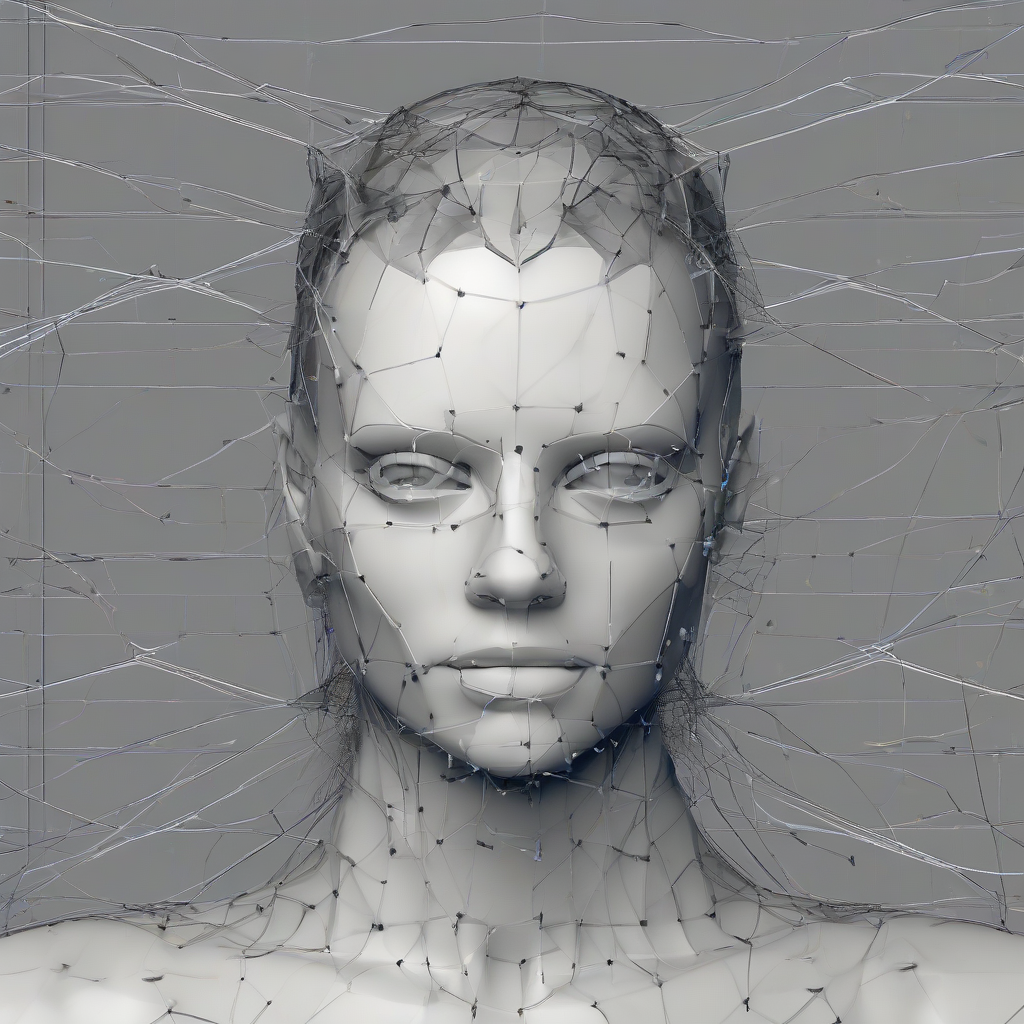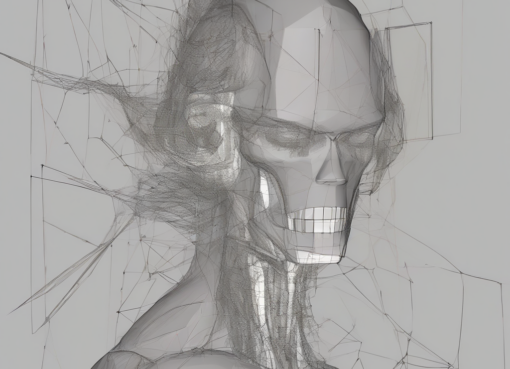Roland Park Rehabilitation and Healthcare Center: A Comprehensive Guide to Exceptional Care

Roland Park Rehabilitation and Healthcare Center: A Comprehensive Guide to Exceptional Care
Roland Park Rehabilitation and Healthcare Center stands as a beacon of comprehensive healthcare, providing a spectrum of services designed to restore, maintain, and enhance the well-being of its residents. This detailed guide explores the center’s multifaceted approach to care, encompassing its skilled nursing, rehabilitation therapies, and overall commitment to resident-centered care.
Skilled Nursing Services: A Foundation of Excellence
At the heart of Roland Park Rehabilitation and Healthcare Center lies a dedicated team of skilled nursing professionals. These nurses provide around-the-clock care, monitoring residents’ health, administering medications, and responding promptly to any medical needs. Their expertise extends to managing complex medical conditions, ensuring that residents receive the highest level of clinical support.
- Medication Management: Precise and diligent medication administration, ensuring resident safety and efficacy.
- Wound Care: Advanced wound care techniques to promote healing and prevent infection.
- IV Therapy: Administration of intravenous fluids and medications as needed.
- Disease Management: Comprehensive management of chronic conditions such as diabetes, heart failure, and respiratory illnesses.
- Pain Management: Personalized pain management strategies to ensure resident comfort.
Rehabilitation Therapies: Restoring Independence and Function
Roland Park Rehabilitation and Healthcare Center boasts a comprehensive rehabilitation program designed to help residents regain their independence and improve their quality of life. The center’s multidisciplinary team of therapists collaborates to create personalized treatment plans tailored to each resident’s unique needs and goals.
Physical Therapy: Strengthening and Mobility
Physical therapists work with residents to improve strength, balance, coordination, and mobility. They employ a range of techniques, including exercises, manual therapy, and gait training, to help residents regain their functional abilities and participate in daily activities.
- Range of motion exercises: Improving flexibility and reducing stiffness.
- Strengthening exercises: Building muscle strength and endurance.
- Gait training: Improving walking ability and balance.
- Adaptive equipment training: Learning to use assistive devices such as walkers and canes.
- Therapeutic exercises for specific conditions: Targeted exercises for conditions like stroke, arthritis, and orthopedic injuries.
Occupational Therapy: Daily Living Skills
Occupational therapists focus on helping residents regain their ability to perform daily living tasks. They work with residents to develop strategies for adapting to their limitations and improving their independence in areas such as dressing, bathing, eating, and cooking.
- Adaptive techniques for daily living: Learning to perform tasks more efficiently and safely.
- Assistive device training: Using assistive devices such as adaptive utensils and clothing.
- Home modification recommendations: Advice on modifying the home environment to improve safety and accessibility.
- Cognitive rehabilitation: Improving memory, attention, and problem-solving skills.
- Fine motor skill development: Improving hand dexterity and coordination.
Speech Therapy: Communication and Swallowing
Speech therapists work with residents who have difficulty with communication or swallowing. They assess and treat a range of communication disorders, including aphasia, dysarthria, and apraxia. They also work with residents who have swallowing difficulties, helping them to improve their swallowing safety and efficiency.
- Speech articulation therapy: Improving the clarity and fluency of speech.
- Language therapy: Improving language comprehension and expression.
- Swallowing therapy: Improving swallowing safety and efficiency.
- Cognitive-communication therapy: Improving communication skills in individuals with cognitive impairments.
- Augmentative and alternative communication (AAC): Using alternative communication methods such as pictures or devices.
Resident-Centered Care: A Holistic Approach
Roland Park Rehabilitation and Healthcare Center embraces a resident-centered approach to care, prioritizing the individual needs and preferences of each resident. The center’s staff works collaboratively to ensure that each resident receives personalized care that respects their dignity, autonomy, and individuality.
- Individualized care plans: Care plans are developed collaboratively with residents and their families, taking into account their specific needs and goals.
- Person-centered communication: Staff members communicate with residents in a respectful and compassionate manner, actively listening to their concerns and preferences.
- Family and caregiver involvement: Families and caregivers are actively involved in the care planning process and are kept informed about the resident’s progress.
- Recreational and social activities: A variety of recreational and social activities are offered to promote social interaction, engagement, and quality of life.
- Spiritual and emotional support: Spiritual and emotional support is provided to residents and their families as needed.
Advanced Technologies and Amenities: Enhancing the Care Experience
Roland Park Rehabilitation and Healthcare Center invests in advanced technologies and amenities to enhance the care experience and improve resident outcomes. These advancements contribute to a comfortable, safe, and stimulating environment.
- State-of-the-art medical equipment: Access to the latest medical technology for accurate diagnosis and treatment.
- Comfortable and spacious rooms: Private and semi-private rooms designed for comfort and privacy.
- Accessible facilities: The facility is designed to be fully accessible to residents with mobility impairments.
- Secure environment: A secure environment that prioritizes the safety and well-being of residents.
- Delicious and nutritious meals: Nutritious and delicious meals are provided to meet the dietary needs of each resident.
Beyond the Basics: Additional Services and Support
Roland Park Rehabilitation and Healthcare Center extends its support beyond the core services, offering additional resources and programs to enrich the lives of its residents and their families.
- Respite care: Short-term care for individuals needing temporary assistance.
- Social work services: Support and resources for residents and their families.
- Nutritional counseling: Personalized dietary guidance to support health and well-being.
- Transportation services: Assistance with transportation to and from appointments.
- Community outreach programs: Connecting residents with community resources and support networks.
A Commitment to Excellence: The Roland Park Difference
Roland Park Rehabilitation and Healthcare Center distinguishes itself through its unwavering commitment to excellence. This commitment is reflected in the dedication of its staff, the quality of its care, and its focus on creating a positive and enriching environment for its residents. The center continuously strives to improve its services and adapt to the evolving needs of its community.
By prioritizing resident-centered care, investing in advanced technologies, and fostering a culture of compassion and excellence, Roland Park Rehabilitation and Healthcare Center provides exceptional care that improves the lives of its residents and contributes to their overall well-being. The center’s commitment to holistic care ensures that residents receive not only the medical attention they need, but also the emotional and social support that enhances their quality of life.



Leave a Comment